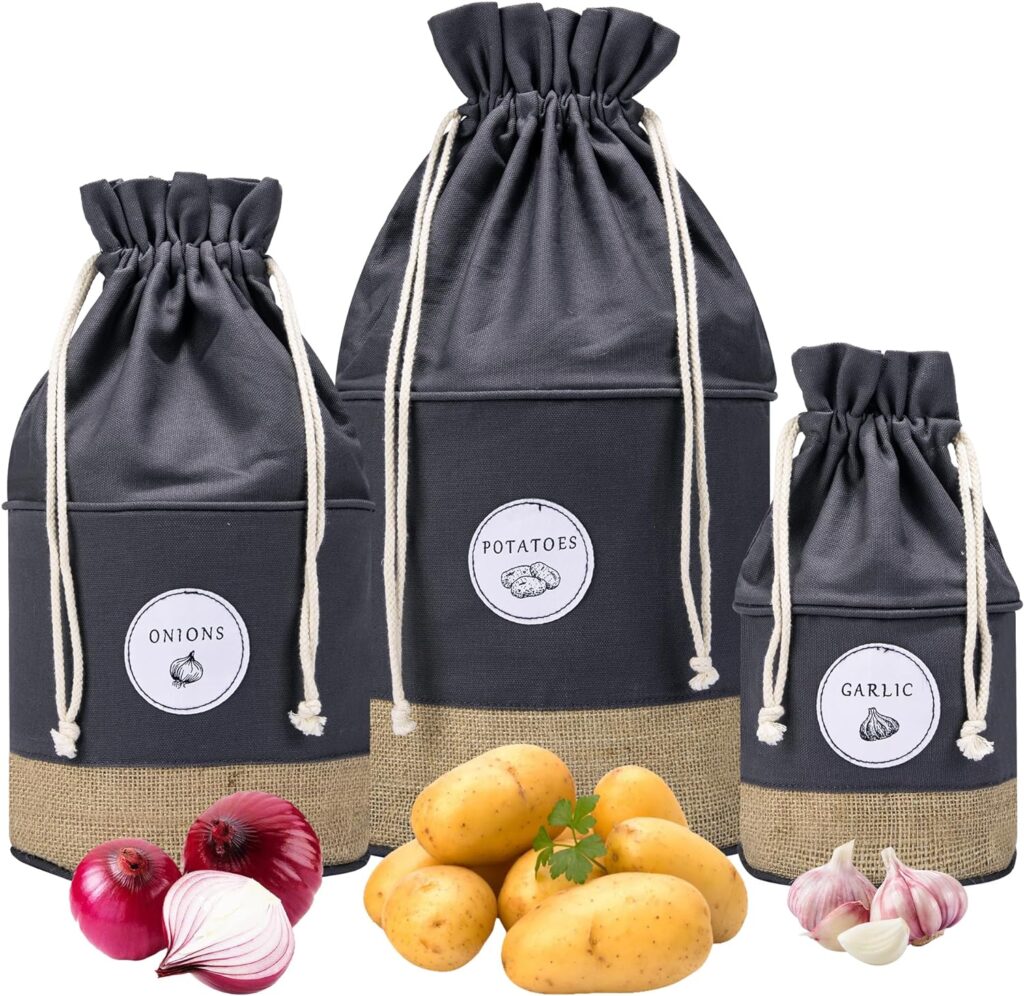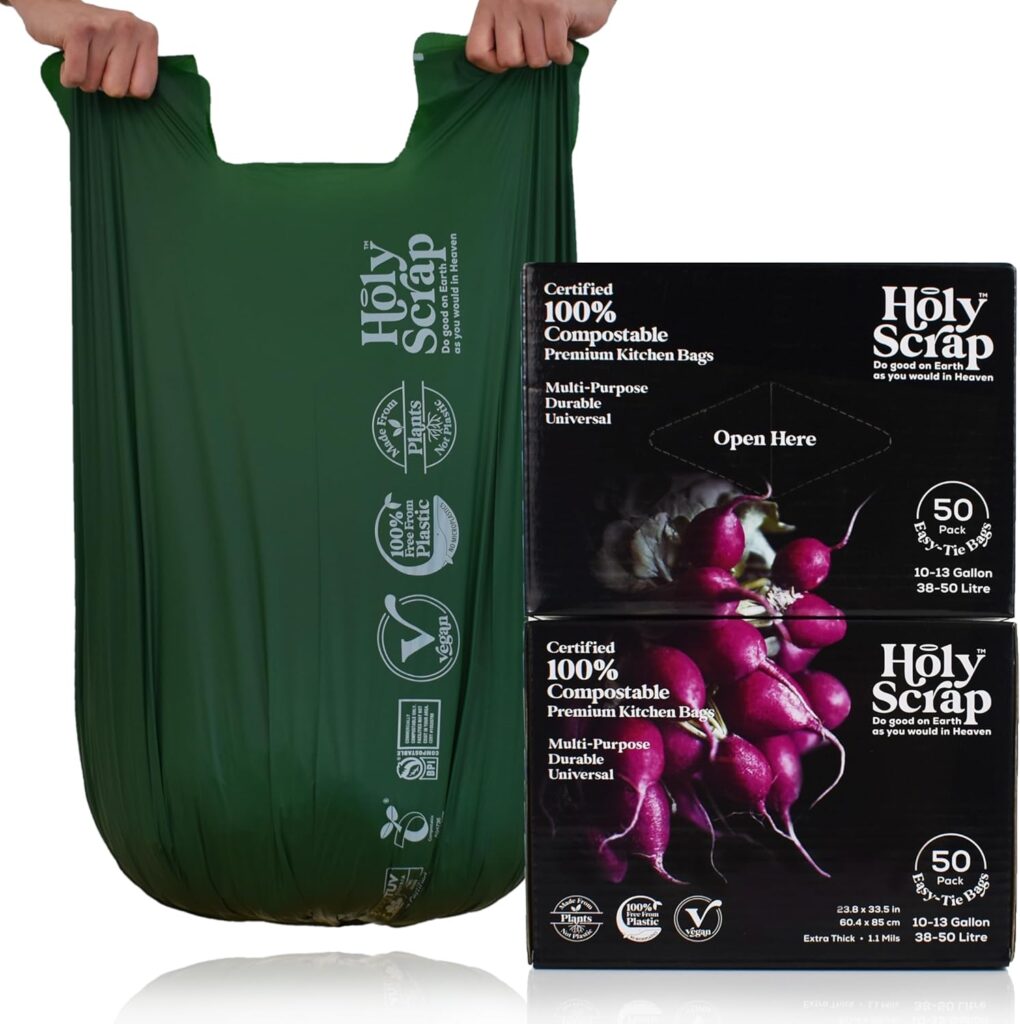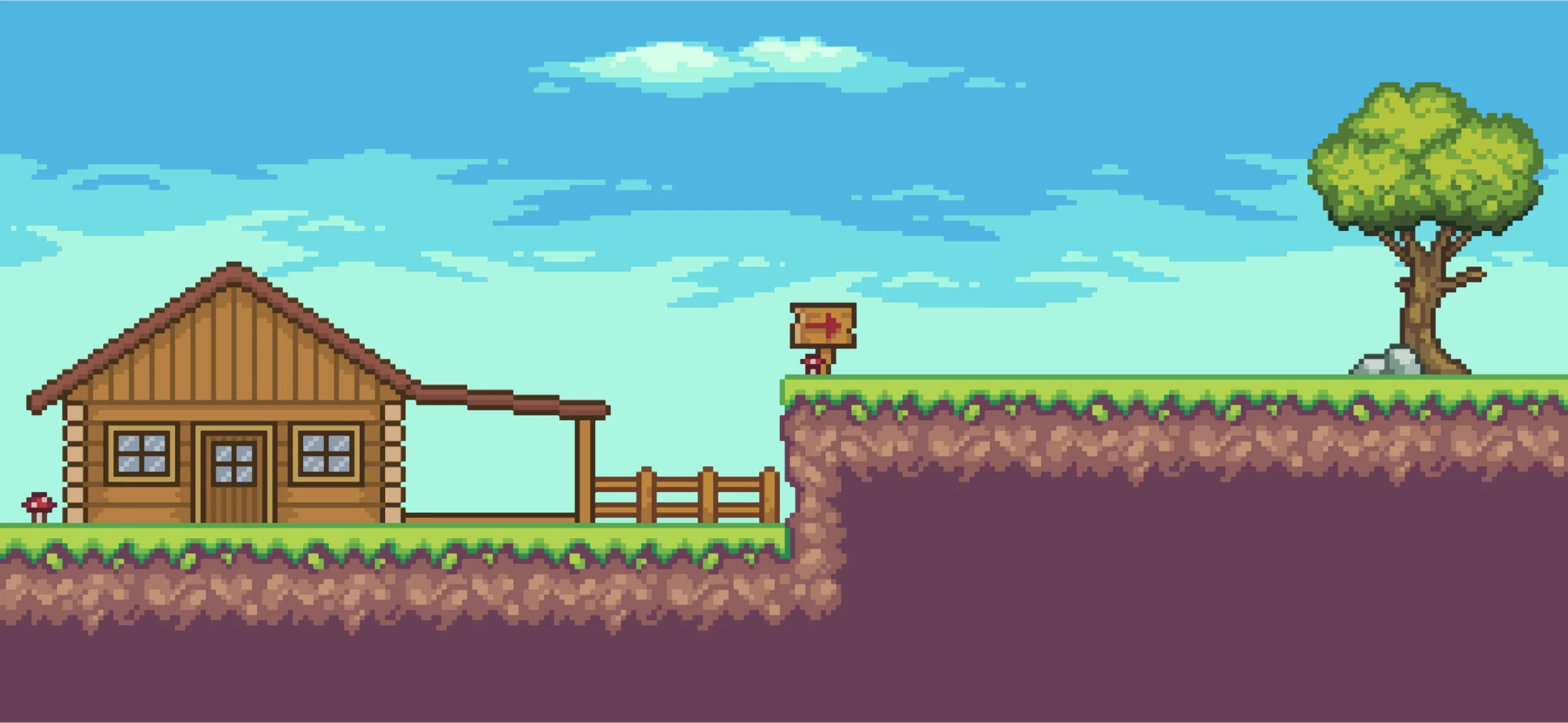Sustainable pantry organization starts with knowing what to stock, so you can practice living simply and frugally.
Establishing a sustainable pantry organization that not only supports a self-sufficient lifestyle but also minimizes waste and maximizes efficiency is a pillar accomplishment of running a homestead.
Here in January, amid resolutions and renewed aspirations, there’s a growing desire to reconnect with nature, to embrace a lifestyle that not only benefits our well-being but also treads lightly on the planet, and reduces food waste. The time has come for a diet overhaul–a commitment to nourishment that is closer to the Earth than to a grocery store.
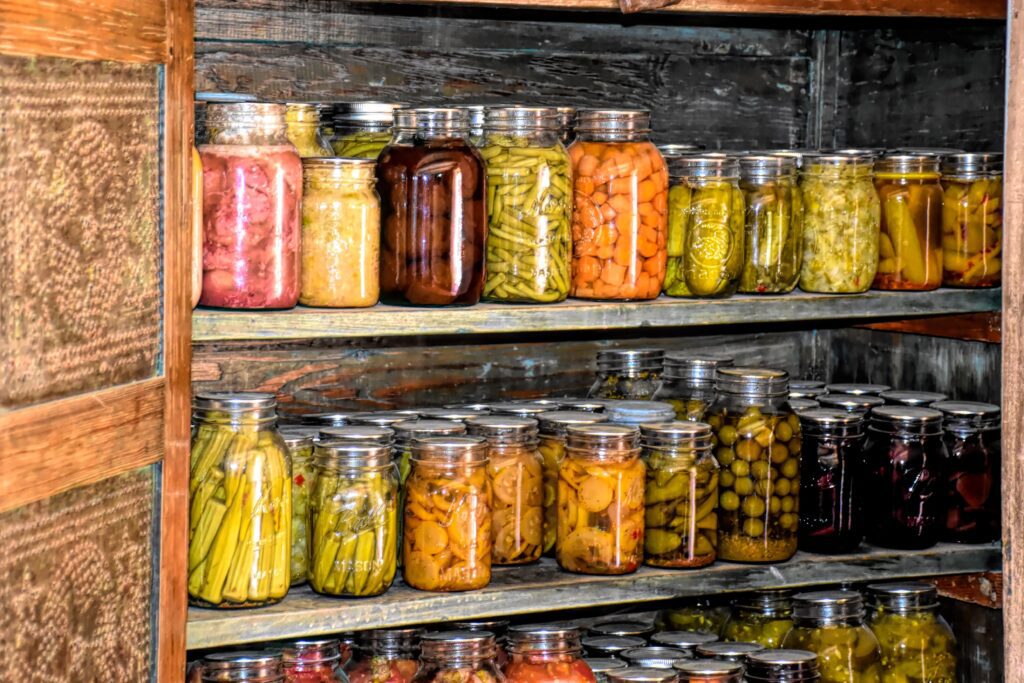
What is the first step for sustainable pantry organization? Declutter the Pantry
Creating a harmonious space that aligns with eco-friendly principles and encourages mindful consumption is initially a large project. However, with a great reorganization, we can eat better and eat more simply in the days to come.
Mimicking KonMari for decluttering our pantry and simplifying our diet, let’s tidy our pantry shelves, fridge, and freezers. This process took a few days for our household, so don’t expect to have this reset overnight!
- Empty everything from the shelves, fridge, and freezer
- Throw away all expired food
- Separate and bag any unwanted food to donate
- Clean the shelves
- Organize and store food that is being kept
- Donate extra pantry staples to those in need
Remember to keep up to date on the basic housekeeping as you organize your homestead! Check out Poly’s daily homesteading checklist to build the homemaking habit. Each week we’ll add on a new task to the routine to keep your home and entire homestead nice and tidy with no stress.
Stock Pantry Staples
Fresh fruits and vegetables, whole grains, and legumes take center stage as I bid farewell to the processed and packaged conveniences that have cluttered my pantry. There is plenty of good food and snacks left over from organizing the pantry, but let’s go to the grocery store and stock up on the essential ingredients for simple living and setting up a homestead kitchen.
This grocery list is meant to cover the basics of creating a whole-food meal plan with the most minimal amount of ingredients to reduce food waste, reduce decision fatigue when running a minimal kitchen, and be uniquely designed for holistic nutrition to provide basic sustainable pantry organization so you can be less reliant on grocery stores so you can stay indoors longer during the cold winter months.
Minimalist Pantry Ingredients
We’ll use these starting ingredients to make a meal plan with a ton of variety from our collection of whole-food simple living recipes. As the homestead builds, we’ll put on our garden calendar to grow everything marked with 🌱, and add to our permaculture garden plans to invest in everything marked with 🌳.
Keep in mind, that the food we grow in this list will not be the only plants and herbs in our gardens, this is merely the grocery list to cover our pantry basics. Keep these items stocked below and follow along as we will be unlocking a diversity of flavors and nutrition, growing food both indoors and in our backyard garden.
- Bread flour
- Yeast
- Sugar or honey
- Rice
- 🌱 Onion
- 🌱 Garlic
- 🌱 Tomato
- 🌱 Spinach
- 🌱 Pinto beans
- 🌱 Sweet pepper
- 🌱 Spicy pepper
- 🌱 Corn
- 🌳 Peanut butter
- 🌳 Berries
- 🌳 Lime
- Chia or hemp seeds
- Mixed nuts
- Eggs
- Cream or milk
- Cheese
- Fish
- Olive oil
- Butter
- Salt
- Peppercorn
- 🌱 Cumin
- 🌱 Cinnamon
Simple Living and a New Frugal Whole Foods Diet: Let’s Break Bread!
Once again, happy new year and happy new beginnings. January is a time of reflection, simplicity, and for many of us, willpower. Here, at the beginning of our homestead journey, we’ll make a basic loaf of bread. Bread is one of the simplest foods to make, with bread making dating back 10,000 years of human history. Passed down from generation to generation, bread is one of the most simple living recipes we have and that we all share.
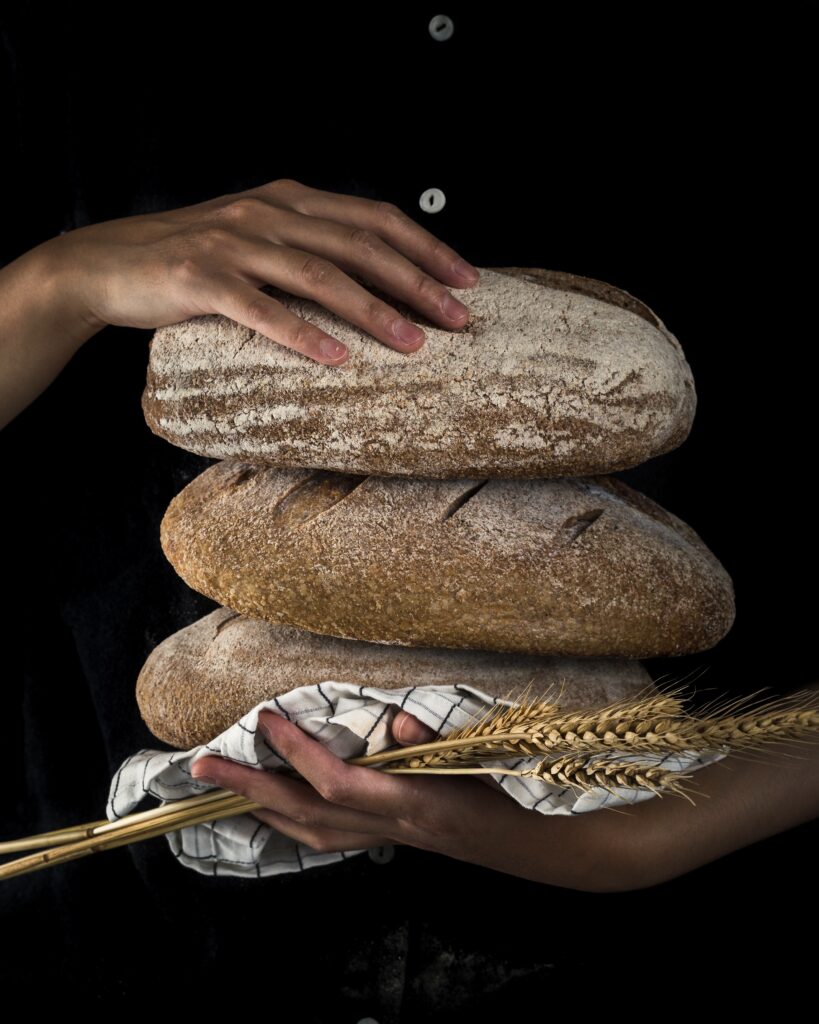
Basic Bread Loaf Recipe
Combine yeast, water, and sugar and let set a few minutes until yeast froths. Knead with a dough hook in a mixer bowl on low, or knead by hand, for 5-8 minutes. Cover the bowl and set aside for 45 minutes to rise.
Butter and flour a bread loaf pan. Take the risen dough, and knead down and form a rectangle, slightly larger than the loaf pan. Roll from the short edge into a spiral, and shape dough into a loaf shape and place in the pan. Heat oven to 375° F and bake for 45 minutes, rotating half-way through.
- 7g yeast
- 1 1/3 cup warm water
- 3 Tbsp. sugar or honey
- 1 1/4 tsp. salt
- 2 Tbsp. melted butter
- 4 1/3 cups (550 grams) bread flour
Sustainable Pantry Organization Favorites
Farmhouse Kitchen Storage Organization – Potato Onion Garlic Storage Pots
Sustainable Pantry Organization!
- Say no to plastic, and choose these eco-friendly and non-toxic vegetable storage pots. Made from cotton and Jute, a long, rough, shiny bast fiber that can be spun into coarse, strong threads. It is produced from flowering plants in the genus Corchorus, of the mallow family Malvaceae. This sustainable pantry organization will reduce food waste and keep your homestead kitchen tidy!
- Keep your veggies fresh longer! These food storage canisters are designed to help your vegetables breathe by creating a natural environment, so your potatoes, onions, garlic, and other vegetables stay fresh longer.
- With a deep storage area, these baskets can store about 23 lbs of potatoes, 7 lbs of onions, and 2.5 lbs of garlic.
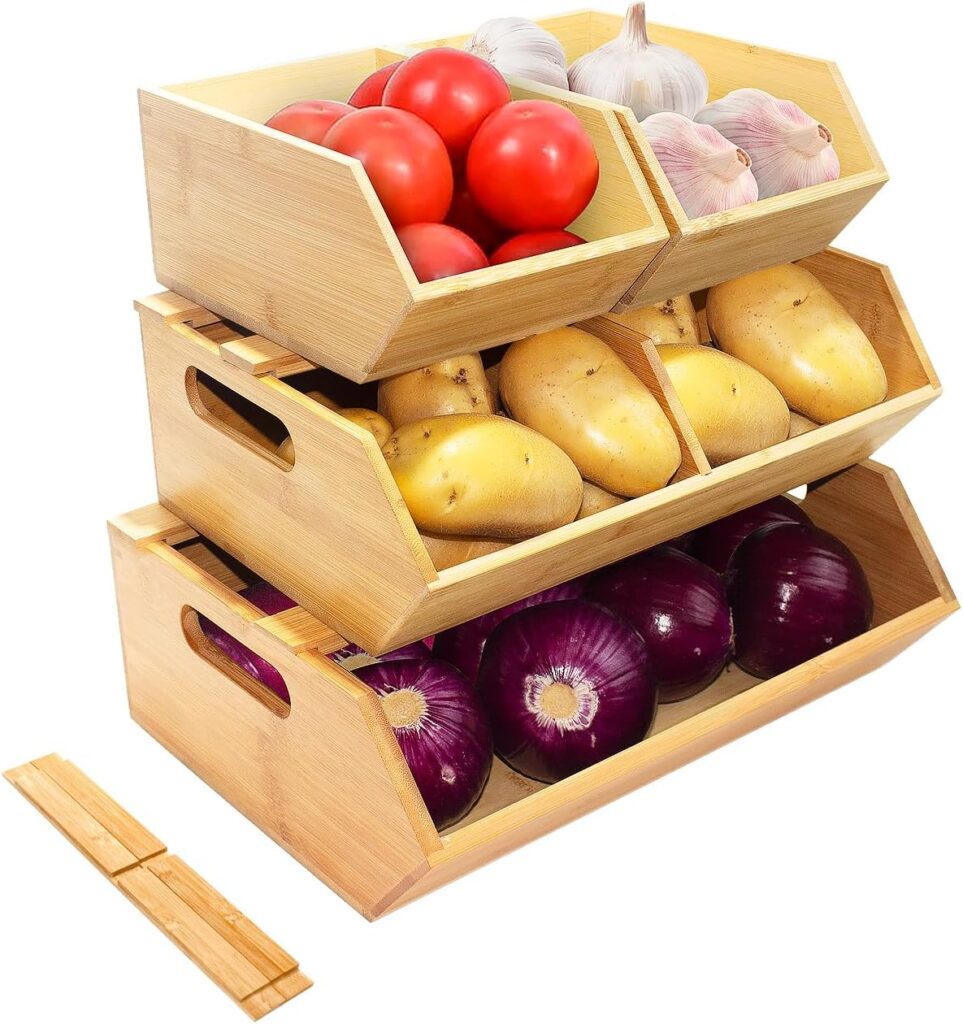
Bamboo Stackable Storage Bins For Pantry & Kitchen Countertop
Sustainable Pantry Organization!
- This bamboo storage set offers versatile storage options for your pantry keeping your potatoes, onions, garlic, spices, fruits and more neatly organized and easily accessible.
- The storage bin set includes 1 large organizer, 1 medium organizer, and 2 small organizers.
- These vegetable and fruit bins are made from natural, sustainably sourced bamboo. They are an environmently-friendly, durable, and plastic-free choice for sustainable pantry organization.
- Easy to clean! Just wipe with a damp cloth or neutral soapy water, make sure to dry completely after cleaning but do not immerse in water.
Eco-Friendly Compostable Trash Bags for Food Waste
Sustainable Pantry Organization!
- Easy-to-tie trash & compost bags in multiple sizes. Made from plant starches, these bags completely decompose, and are non-toxic and plastic-free.
- Strong and durable, designed to handle your daily waste needs without tearing or leaking, these heavy-duty trash bags are perfect for kitchen, office, gardening, and bathroom use. Keep your kitchen clean without polluting the planet, sustainable pantry organization can be accomplished by simple swaps.
- These green, compostable garbage bags are plastic-free and unscented. Disposing of these bags is easy and guilt-free as they completely break down to become water, carbon dioxide, and biomass in 90-180 days when disposed of in a home compost bin or landfill, to minimize environmental waste and pollution.
